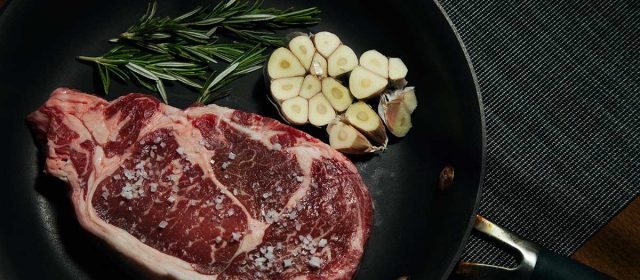7 steps to increase profits at your hotel with cost controls
If a hotel is managed correctly, it can be a big profit, big reward investment. If it is managed poorly, high costs for labour, food and beverage, utilities and maintenance can tear up your bottom line.
Cost control and expense management can be where the profit is made or lost in the hotel business. Figuring out how to control and balance a hotel’s expenses is not rocket science, but it does require proactive management to generate those promised profits.
It’s true that making small improvements consistently can provide huge results in the long term. From reviewing your processes to analysing the numbers to keeping staff onside, it takes just little tweaks not mammoth changes to drive increased profits.
Here are our tips on how to cut costs and increase your hotel profits.
#1 Get the right systems or software in place
Making money in the hotel industry is a numbers game. The best way to make the numbers work in your favour is by having the right tools in place to monitor, analyse, control and manage both your hotel costs and sales.
Making sure your systems and software are ready for today’s challenges is critical so you don’t miss potential revenue or miscalculate expenses. Putting off updating your property management system (PMS) could cost you in the long term.

With our current portfolio of managed hotels we use a custom-build business intelligence tool to export live data from multiple systems including the PMS and point of sale. The software extracts, sorts and feeds us a live summary of hotel revenue and expenses. This automation saves time, avoids human error and gives an instant overview of daily, weekly and monthly real or projected numbers. Gathering accurate up-to-date sales data like this is critical to making profit-based decisions and to see your revenue up against various expenses.
Another other software to save you time and money is an automated wage control system. Your hotel manager has more than enough to deal with without sitting down to enter data, create payroll reports and set rosters. Besides, rostering your staff efficiently and accurately is a time-consuming challenge and time is money.
Employees receive various award rates based on the day, time and skillset. An automated system will avoid human error and give your manager time to actually run the business.
#2 Monitor your current operating costs
Getting tools in place to export live property data is critical to operating a hotel in 2020. Software like this streamlines the process of reading your hotel’s statistics and makes looking at the operating costs more straightforward.
If you wish to turn greater profits then monitoring incomings and outgoings is an ongoing job. As we mentioned above, for our portfolio of hotels we create customised daily reports outlining various things, including the cost of goods. This analysis enables us and the hotel manager to stay in control and keep in control of the situation.
By monitoring and reviewing your hotel data daily it’s easy to form an accurate picture on any arising expense or trends and make changes to meet hotel KPIs. Within our reports we include structured stock taking systems to keep on top of the management of cost of goods.
The other side of looking at your hotel statistics daily is the chance to capitalise on any opportunities. Monitoring the data daily means you can track, identify and make informed changes to room prices or create food specials to get the most out of your assets.
#3 Analyse your numbers to find savings
A tiny saving might seem insignificant today, but it could have a big impact in the long term. Making a small change to save money now could end up as a saving of thousands of dollars when multiplied over a year. There are three main expense areas where cost controls can be used to save money and in turn create increased profits at your hotel.
The first is streamlining your food and beverage operation. Your hotel restaurant, bistro, pub or bar is a great place to look for savings. One big issue in kitchens is the cost of goods. Does your chef know the cost or each dish? Have they costed up the whole menu? Is the margin on food big enough to cover wages and turn a profit?
We’ll dive deeper into some ideas on how to streamline your food and beverage arm of the hotel in the next step.

The second area to analyse for savings is your employees. It doesn’t need to be said, but paying your staff is certainly one of your highest expenses. Making small changes to your rosters to optimise scheduled shifts based on whether an employee is full-time, part-time or casual could save hundreds of thousands annually.
Reviewing rosters and making adjustments based on occupancy levels or upskilling staff and splitting shifts is two more ways to find crucial savings. We’ll dive deeper into flexible rostering and wage saving in step five.
The third major area to save is with the procurement of goods. You might be surprised at how great the savings can be with group purchasing power. From bathroom amenities to insurance to beer – larger contracts equal larger savings, so we’ll touch on that in step six.
Then, of course, there are small areas to change, like finding ways to increase the energy efficiency of the hotel with occupancy sensitive cooling and heating systems, changing to LED lights where possible and using motion sensors. Little signs that suggest your guests consider the environment and reuse their towels or sheets can also save you money. It’s a win-win for profits and the planet.
Another small saving is finding new uses for empty spaces that could return revenue to the hotel. Just like the restaurant encourages people to spend more cash with you, so can pop-up attractions or events like a wine tasting in the foyer.
#4 Streamline your food and beverage department
With strategic planning your hotel restaurant, bar, pub or bottle shop has the potential to turn greater profits. Equally, however, the food and beverage leg of your hotel business can eat your margins and send itself into the negative if mismanaged.
When it comes to running a food business, it is the cost of goods and wages that will cancel your profits. High cost menus and food waste are two ways we see hotel restaurants and pubs throw profits – sometimes literally – in the bin.
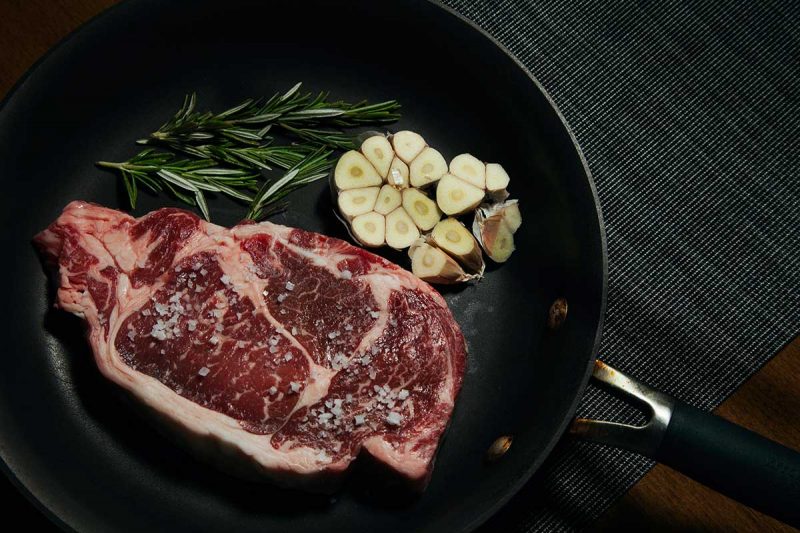
Yes, food waste is an issue in restaurants everywhere. Is your kitchen holding too much expirable stock? Are plates returning with food on them? If you’ve said yes to either of those questions, then consider slowly reducing portion sizes or ordering less stock to reduce wastage. These two things can eat away the profit margin of a dish.
Of course, finding the time to cost up menus, source suppliers, create marketing materials, update dining rooms and keep operations running smoothly is not always super straightforward. Chefs often crave creativity in the kitchen without considering that a restaurant needs to be profitable. Costing up dishes, the menu, finding a profit margin and mapping against wages and KPIs sounds overwhelming but is essential.
Putting a statistics lens over your food and beverage department will allow you to find out which dishes are most popular and profitable. A smaller menu prioritises quality over quantity and can focus on what consumers actually want. Look at your sales numbers and then remove excess or unprofitable dishes. Whether you manage an inner-city rooftop bar or an outback bistro, there is room for savings.
Across our group we manage around AUD$40,000,000 of food and beverage sales, and have turned some venues from sinking to swimming with sales activations, menu costing and analysis using our business intelligence reports.
One of our greatest success stories is our flexible steakhouse brand, Angus & Co Bar and Grill. We engaged a local celebrity chef to create our ready-to-go restaurant brand solely to provide a commercially structured food and beverage solution for Australian hotels, motels and resorts.
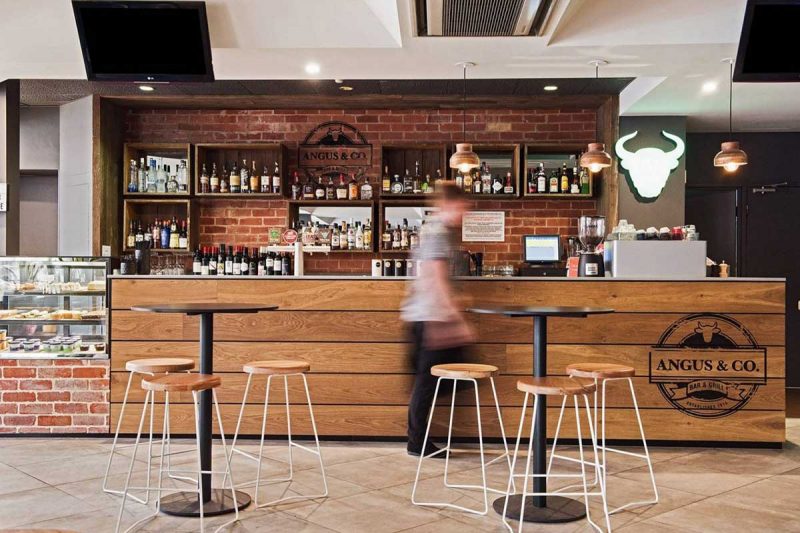
On the surface, the Angus & Co aesthetic and marketing materials are slick and appeal to a wide demographic, but behind-the-scenes is where the magic happens. The brand gives hotel restaurants the structure to better manage processes, menus, wages and cost of goods. Actively managing these hotel costs and expenses is where a profit is made or lost and with the Angus & Co brand we’ve seen an increase in sales and performance of more than 200% some months.
One Angus & Co venue in South Australia saw an average sales increase of more than 150% for the first four months. Comparing the whole year to the one prior, the venue almost doubled its sales and profit. Another hotel has whitelisted our costed menu as a secret satellite kitchen on Uber Eats, running one of the most profitable Angus & Co venues in the group.
#5 Focus on a flexible roster with wage controls
When it comes to running a hotel, motel or resort wage cost control is critical to its profitability and success. Your employees are a large expense that will drain profits if not managed effectively and strategic roster management is critical to controlling wage costs.
With our managed hotels we use our custom-built business intelligence system that measures sales against staffing. Rather than checking in once a month to update rosters, we can grab live data and identify, react and manage changes to hotel rosters daily. Making small changes daily can be the difference between make or break for profitability.
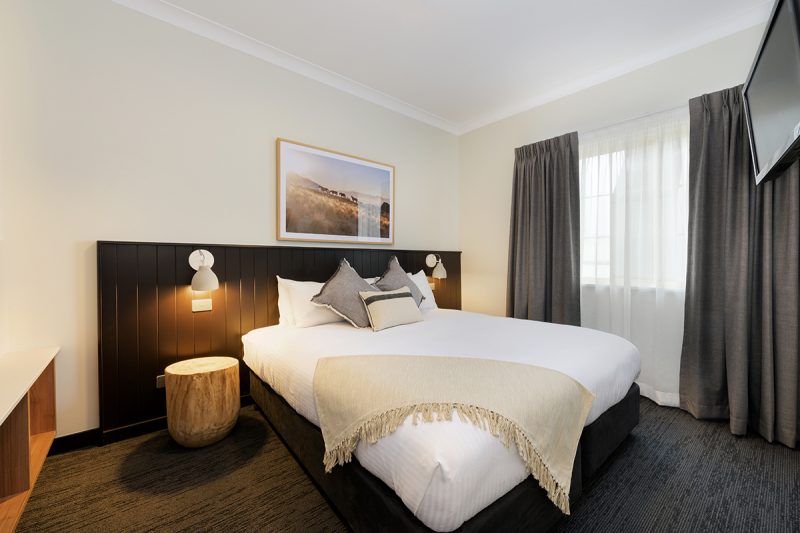
Of course, numbers are numbers and people are people. Your staff have feelings and dissatisfaction could lead to poor customer service. Your employees are more than just staff, they’re your friendly hotel ambassadors and the face of your brand so keeping them onside is essential.
Cross-training your staff is a great way to avoid wasted hours and motivate your team. New skills will add a new dynamic to their workdays and give you more options to roster them on during quieter periods. It’s a win-win for everyone.
Rostering staff efficiently and accurately is, however, a time-consuming challenge and time is money. Your employees receive different award rates based on the day, time and skillset. Implementing a wage control system will give you back more of what you’re trying to save – time!
Hotel managers have more than enough on their plates. Your manager needs to spend more time running the business, rather than doing data entry, prepping rosters or creating payroll reports. Humans naturally make errors so an automated timesheet system will not only save time now, but avoid any future headaches.
The digital wage control system we use is able to track wage expenses against specific jobs. It works with any payment system and solves common issues around data entry, award interpretation and employee rostering. Bonus features like fingerprint biometrics and analysis make it simple to ensure accurate attendance records and pay the correct award rates.
#6 Consider smarter procurement and management of goods
Good hotel management is about having structures and processes in place so every cog in the wheel turns smoothly. That includes purchasing and managing goods for your business.
We’ve found there are two straightforward ways to get smarter with your procurement and management of goods.
The first is to have processes in place to control your costs and take stock. This includes all purchases, debtor and creditor accounts. For our hotels/clients/group we create approval parameters for all invoices and set up a cloud system that all invoices are stored in. This gives us easy access to view purchases, check that any goods bought are actually necessary and within budget, and that your accounts check out to ensure hotel profitability.
It sounds complex at first, but in the long term it will save your hotel money and put you on the path to profit.
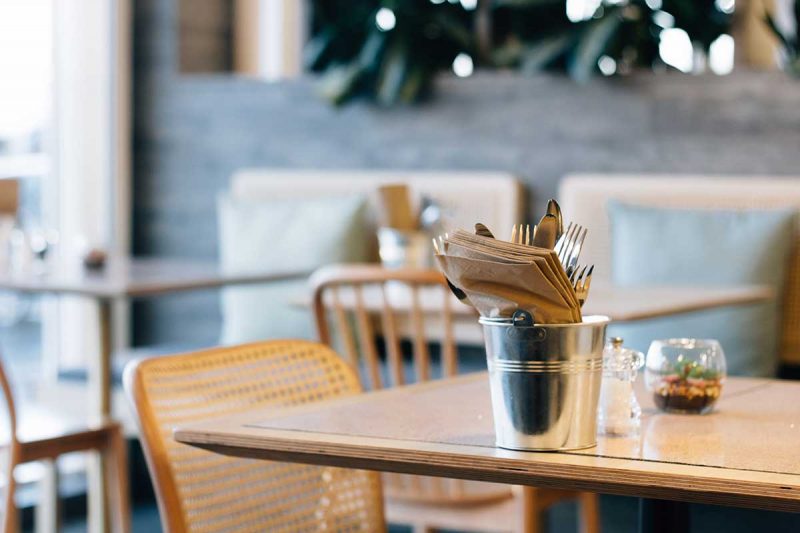
The second thing you can do is simple: access group buying power for the procurement of goods. Of course, it makes sense that if the wholesale price of a beer costs you less, then you can sell it at the usual price but for greater profit. Small businesses have less leeway when it comes to bargaining on wholesale prices.
We’ve found that for our group of independent hotels, motels, apartments and resorts across Australia we’re able to create larger, better supplier contracts that save our individual hotels. For our group we’ve negotiated supplier contracts with reduced purchasing opportunities for everything from food and alcohol to insurance and cleaning chemicals.
#7 Keep looking at your reports and make adjustments
Sadly the job isn’t over once you’ve gone through the process of setting up new systems, monitoring your operations, analysing what needs to be done. Once you’ve streamlined your food and beverage department, rosters and purchasing of goods there is still work to be done.
As we mentioned earlier, checking a hotel’s customised and automated daily reports for potential mishaps and new opportunities is where you’ll find the chance to make small changes and carve out greater profits in the long term. Expense management is an ongoing process, but the reward is worth the effort.
If you need help getting your costs under control to turn greater profits at your hotel, get in touch. 1834 Hotels specialises in providing hotel cost and expense visibility, analysis and financial management. We look at the various expenses in all areas of the business, support your general manager with daily statistics and assistance, and make the necessary decisions to ensure your hotel is profitable. Our services are adaptable and flexible and we can customise our assistance to your property’s needs at any location in Australia.

